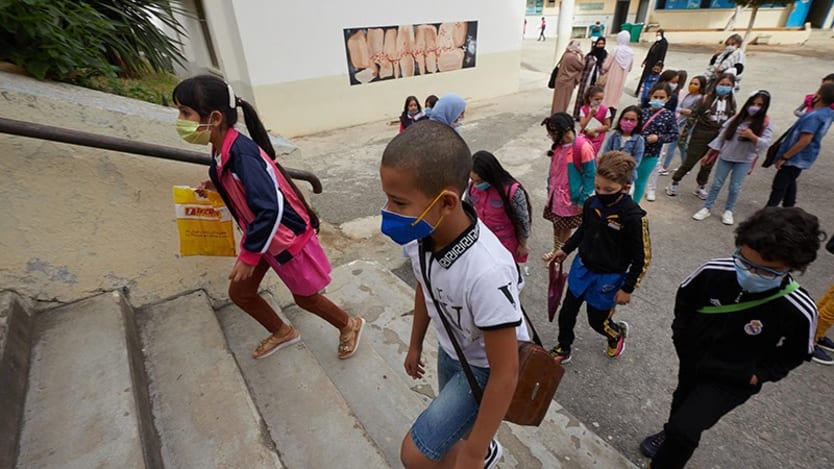
NAIROBI — Overall gains made in health and education are slowing on the African continent and progress on social protection is deteriorating, according to a decade’s worth of data on African governance compiled and analyzed by the Mo Ibrahim Foundation.
The 2020 Ibrahim index of African governance — which provides the most comprehensive dataset measuring governance across the continent — found that while governance has improved overall during the past decade, the rate of advancement has slowed in the past five years.
Last year, the overall governance score, based on human development, economic opportunity, participation, rights, and inclusion, as well as security and rule of law, showed a year-on-year decline for the first time in a decade. The report notes that this decline is driven by worrying trends in participation, rights, inclusion, rule of law, and security.
The data runs through the end of 2019 and does not account for the effects of COVID-19.
“This is a testing time for Africa. Pre-existing weaknesses and challenges in African governance, as uncovered by the 2020 IIAG, are exacerbated by COVID-19, which also threatens economic progress,” said Mo Ibrahim, chair of the Mo Ibrahim Foundation, in a press release.
“Inequality is a key challenge for governance, and it's also a key concern for citizens.”
— Nathalie Delapalme, executive director, Mo Ibrahim FoundationMauritius is ranked at the top of the index, though its score is declining at an increasing rate because of weakening social protection systems and a deteriorating environment for human rights, while Somalia is ranked at the bottom, though its score is rising because of improved infrastructure and increased gender equality.
Health, education, social protection, and sustainable environment
Though human development — which measures health, education, social protection, and sustainable environment — is the highest-scoring category in the index, its progress has slowed in the past five years. Last year, the human development category experienced its first year-on-year decline over the past decade.
The highest-scoring countries in human development are Mauritius, Seychelles, Algeria, Tunisia, and Botswana. The lowest include Eritrea, Chad, Central African Republic, South Sudan, and Somalia.
One area driving this slowing trend is health provision, where progress more than halved in the past five years. Access to health care has become slightly more restrictive across the continent, driven by an increase in out-of-pocket spending.
Progress in compliance with international health regulations has also stalled in recent years, and control of communicable diseases has seen its pace of improvement slow, driven by a slowdown in providing antiretroviral therapy to HIV-positive people and slow progress against malaria deaths. Conversely, child immunization coverage is increasing at a faster pace.
Meanwhile, progress in access to water and sanitation, as well as education, has also slowed. Compared with a decade ago, the quality of education on the continent is lower, according to the report.
Social protection efforts have similarly deteriorated over the past decade due to reduced effectiveness of poverty reduction policies, fueled by more socioeconomic barriers and declining access to housing.
The only positive sign in social protection is around the equity of public resources and income, which is making small improvements.
“Inequality is a key challenge for governance, and it's also a key concern for citizens,” said Nathalie Delapalme, executive director at the foundation.
Public perception around human development has also declined.
“This is probably because results are not meeting expectations,” Delapalme said. “The more progress you have, the more citizens’ expectations were rising. But the results have not followed these rising expectations.”
A need for balanced progress
Conversely, progress in the area of sustainable environment has improved over the past decade, at a slightly increasing pace in recent years.
The index also shows that economic opportunity for people on the continent is improving at almost twice the rate of human development, with increases in areas such as the development of economies in rural areas.
Twenty countries have improved in human development and economic opportunity but declined in their performance on security, rule of law, participation, rights, and inclusion. Only eight countries — Angola, Chad, Côte d’Ivoire, Ethiopia, Madagascar, Seychelles, Sudan, and Togo — have improved in all of the index’s governance categories over the past decade. Delapalme said all countries must aim to do the same.
“To reach, and to sustain, a good overall governance level, countries must achieve a balanced progress between the different dimensions of governance. No trade-off is sustainable,” she said.








